Repeat photography engages the public at LTER sites
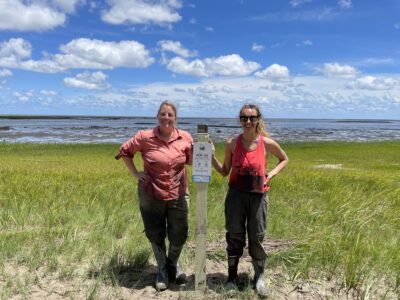
With just a phone camera, anyone can add to a growing dataset tracking environmental change at the Virginia Coast Reserve LTER.

With just a phone camera, anyone can add to a growing dataset tracking environmental change at the Virginia Coast Reserve LTER.
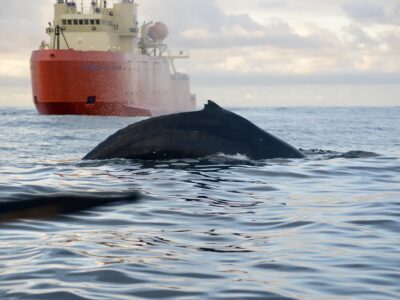
Palmer Antarctic LTER researchers track the full migration of Southeast Pacific humpback whales, the first time this has been done.
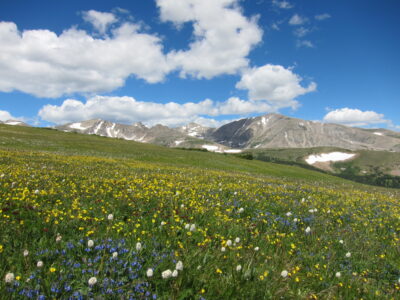
Can plants dictate how soil microbes respond to nitrogen deposition? New research says no, and sheds light on plant-microbe dynamics.

LTER has a strong presence at the American Geophysical Union Fall Meeting in 2021. See which talks are happening here:
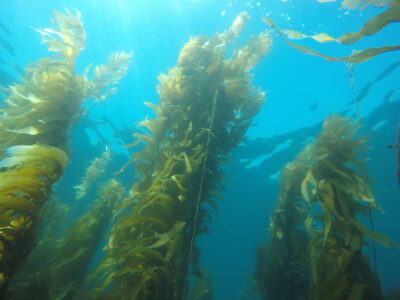
For Southern California reefs and beaches, giant kelp fuels the food web and creates an environment in which biodiversity booms. But the nutritional quality of kelp is lower than it once was, a new study from the Santa Barbara Coastal LTER shows. The culprit? Climate change and warming ocean water, coauthors Dr. Heili Lowman and Kyle Emery find.
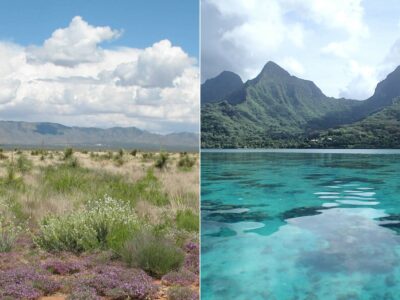
The LTER Synchrony Synthesis group links richness synchrony to ecosystem stability in a new study, showing synchrony is a key control on ecosystem functions.
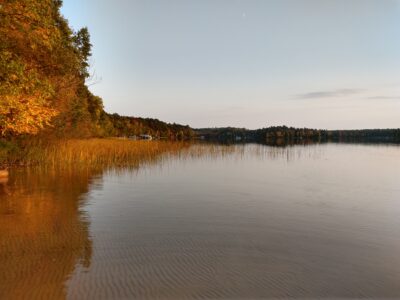
A new paper by Dr. Andrew Rypel uses long-term datasets to reveal spatial and temporal variation for fish in Wisconsin lakes.
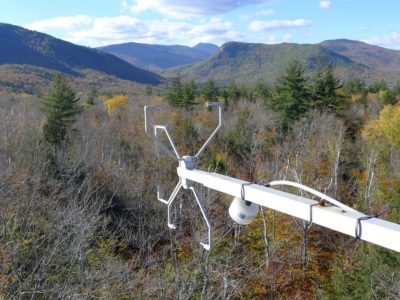
Scientists have been consistently documenting environmental changes at research sites like this one in the Cascade Mountains for decades. US Forest Service Michael Paul Nelson, Oregon State University and Peter Mark Groffman, CUNY Graduate Center Record-breaking heat waves and drought have left West Coast rivers lethally hot for salmon, literally cooked millions of mussels and… Read more »
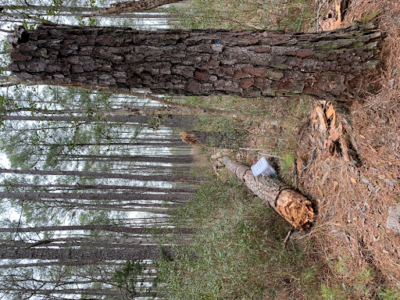
Spend a day in the field with Virginia Coast Reserve researchers as they investigate ghost forests formed by sea level rise.
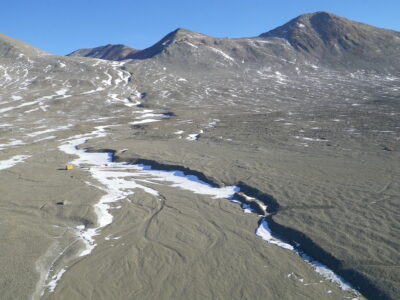
By harnessing decades of rich data, scientists are beginning to forecast future conditions and plan ways to manage, mitigate, or adapt to likely changes in ecosystems that will impact human economies, health and wellbeing.